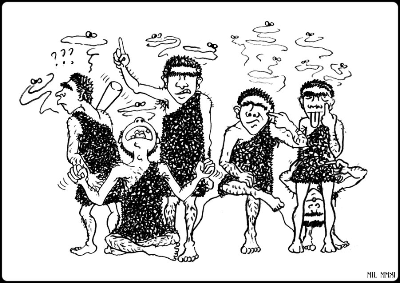
adjective
- disgusting; repulsive: a revolting sight.
- rebellious.
verb (used without object)
- to break away from or rise against constituted authority, as by open rebellion; cast off allegiance or subjection to those in authority; rebel; mutiny: to revolt against the present government.
- to turn away in mental rebellion, utter disgust, or abhorrence (usually followed by from): He revolts from eating meat.
- to rebel in feeling (usually followed by against): to revolt against parental authority.
- to feel horror or aversion (usually followed by at): to revolt at the sight of blood.
verb (used with object)
- to affect with disgust or abhorrence: Such low behavior revolts me.
noun
- the act of revolting; an insurrection or rebellion.
- an expression or movement of spirited protest or dissent: a voter revolt at the polls.
adjective
- causing revulsion; nauseating, disgusting, or repulsive
- informal unpleasant or nastythat dress is revolting
noun
- a rebellion or uprising against authority
- in revolt in the process or state of rebelling
verb
- (intr) to rise up in rebellion against authority
- (usually passive) to feel or cause to feel revulsion, disgust, or abhorrence
1590s, “that revolts, given to revolt, rebellious,” present participle adjective from revolt (v.). Sense of “repulsive” is from 1806. Related: Revoltingly.
1540s, from Middle French revolter (15c.), from Italian rivoltare “to overthrow, overturn,” from Vulgar Latin *revolvitare “to overturn, overthrow,” frequentative of Latin revolvere (past participle revolutus) “turn, roll back” (see revolve). Related: Revolted; revolting.
1550s, from Middle French révolte (c.1500), back formation from revolter (see revolt (v.)), or else from Italian rivolta.
 Liberal Dictionary English Dictionary
Liberal Dictionary English Dictionary